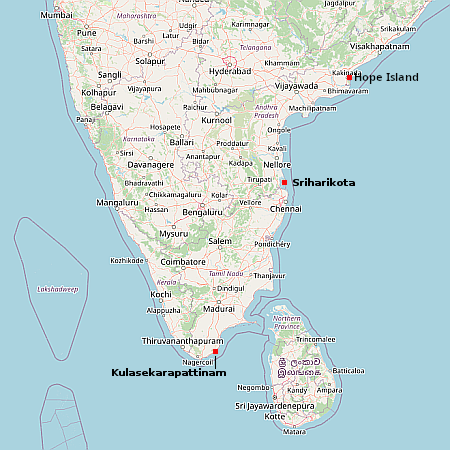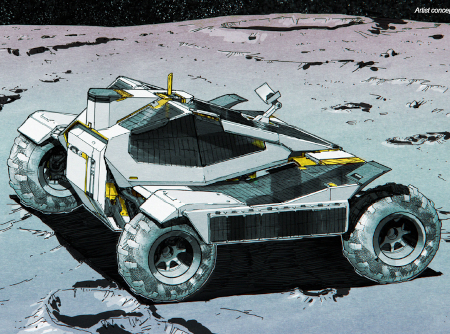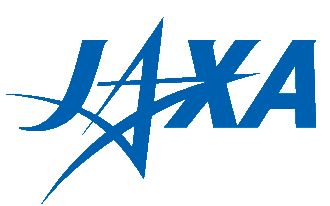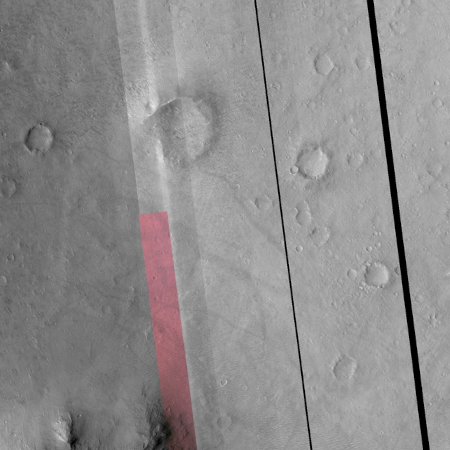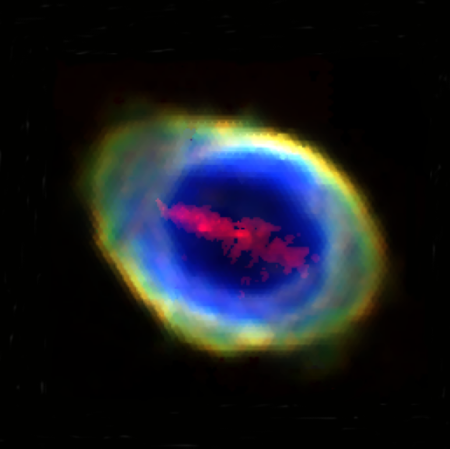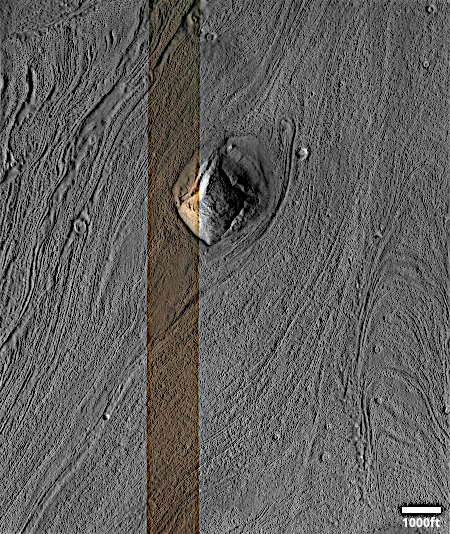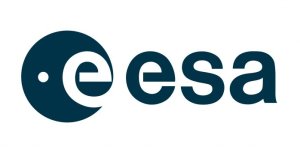Update on NASA’s damaged Goldstone antenna
According to a scientists at JPL, the Goldstone antenna — one third of NASA’s Deep Space Network (DSN) that scientists and NASA use to communicate with any interplanetary mission — will not resume operations until May of 2026.
The antenna has been out of service since September 2025 when it was damaged badly by workers who rotated the antenna past its correct limits, causing damage to piping and cables.
DSS-14 is officially scheduled to resume operations May 1, Benner said. “Unofficially, this might change. We’re hearing a variety of things,” he added, without specifying whether the return could be earlier or later. He noted that DSS-14 had already been scheduled to go offline in August 2026 for extended maintenance expected to last until October 2028, replacing equipment that in some cases is 40 to 50 years old.
In other words, this outage essentially took the antenna out of service a year early.
The outage can be covered by NASA’s other two DSN antennas in Spain and Australia, but it also limits the whole network’s capabilities. When Artemis-2 launches in the next month or so this limitation will significantly reduce communications with NASA’s other planetary missions at Mars and elsewhere during that mission’s 10-day flight around the Moon.
We still do not know the cause of the over-rotation, which at present does appear to have been the result of human carelessness. And NASA’s lack of transparency in this matter reinforces that speculation.
According to a scientists at JPL, the Goldstone antenna — one third of NASA’s Deep Space Network (DSN) that scientists and NASA use to communicate with any interplanetary mission — will not resume operations until May of 2026.
The antenna has been out of service since September 2025 when it was damaged badly by workers who rotated the antenna past its correct limits, causing damage to piping and cables.
DSS-14 is officially scheduled to resume operations May 1, Benner said. “Unofficially, this might change. We’re hearing a variety of things,” he added, without specifying whether the return could be earlier or later. He noted that DSS-14 had already been scheduled to go offline in August 2026 for extended maintenance expected to last until October 2028, replacing equipment that in some cases is 40 to 50 years old.
In other words, this outage essentially took the antenna out of service a year early.
The outage can be covered by NASA’s other two DSN antennas in Spain and Australia, but it also limits the whole network’s capabilities. When Artemis-2 launches in the next month or so this limitation will significantly reduce communications with NASA’s other planetary missions at Mars and elsewhere during that mission’s 10-day flight around the Moon.
We still do not know the cause of the over-rotation, which at present does appear to have been the result of human carelessness. And NASA’s lack of transparency in this matter reinforces that speculation.

